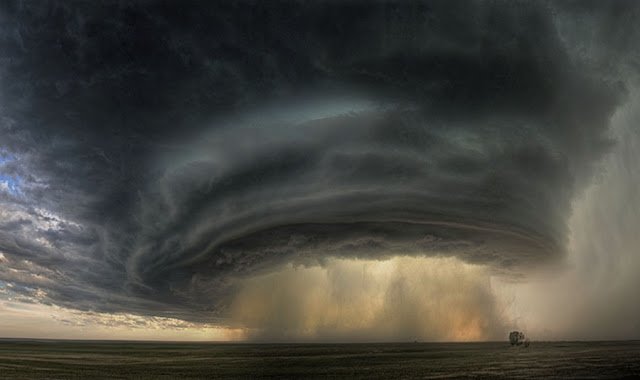
When Prayer Becomes Control
September 19, 2014
Andrew W.K. at the Village Voice received a question from someone whose brother was diagnosed with cancer. In his grief, he is frustrated by his Grandma’s prayers and sees them as “superstitious nonsense.” Andrew’s brilliant response is a very worthwhile read, in which he positions prayer as a posture of humility, a deep realization of our smallness.
When senseless tragedy occur, people of faith often rush to explain and control. As finite human beings, we are limited in our knowledge and power, which makes us uncomfortable. When we encounter something incomprehensible, we are driven to explain it. When a situation reels out of control, we long to control it. We invite God to fill those gaps of our discomfort, our lack of understanding and control.
We look for redemption stories, the ways God is bringing about good through a tragic situation. We do this to avoid letting the grief overwhelm us. Like Grandma, we pray because we are hoping to claim some power in our helplessness. Our prayers end up being more beneficial for ourselves than the person we are actually praying for.
Unfortunately, what happens then is we cease to need God beyond the quick explanation. We’ve tidied up the situation with reverent prayers and spiritual meaning. We’ve quickly salvaged the ecosystem of our faith despite a tragic intrusive incident – our belief in the God of the gaps remain intact. Everything stays the same. When we do this, we are making God into an idol, one that explains and controls according to our sensibilities.
This was the mistake Job’s friends made. They coated their concern for Job’s suffering with spiritual language, building a sophisticated belief system to explain and control. In doing so, they confined God with their certainty. Prayer becomes a strategy to reinforce an established religious system instead of an organic cry to the living God.
We also see this dynamic in play when two people of divergent theological opinions shut down conversation with a passive aggressive: “I’ll pray for you.” This often frustrates the other party because the tone is laced with condescension. Here again, prayer is used to protect those on the inside of doctrinal boundaries by deeming those on the outside in need of divine intervention.
How then, should we guard against the use of prayer as control? Jesus says to pray in secret (Mt 6:6). Anne Lamott says we should utter three simple words – Help, Thanks, and Wow. Andrew W. K. says we pray as we focus our passionate emotion towards the situation.
We let go.
In Job, when God begins to respond out of the whirlwind, God shatters human explanations with stunning poetry. We are invited to meet God in a storm, a whirlwind beyond our control. We pray, not to explain, but to discover. We pray to find out how small we really are, to consider where we are in light of the vastness of the seas and the stars. We pray to bravely let all the overwhelming grief and emotion wash over us like waves threatening to pin us down, and we pray from that rock bottom.
We pray with poetry and art. We imagine alternative situations not with dogmatic certainty, but with hopeful possibilities. We don’t pray against diseases, tragedies, and pain, we call forth new ways of living in spite of suffering. We pray not to explain the why, but to discover the how.
We pray with song and dance. We use our voices and bodies to move with grace, to inflict beauty in a world of pain. Prayer creates space and expands room for all expressions of love. Prayers are in the whispered hopes outside of the surgical ward AND in the nourishing food prepared with care. Prayers don’t merely seek answers, they live alternative stories.
“The world is full of so-called prayer warriors who are prayer-ignorant. They’re full of formulas and programs and advice, peddling techniques for getting what you want from God. Don’t fall for that nonsense.” (The Message)
Pray simply.
Pray with imagination.
Pray to know God is God and we are not.
